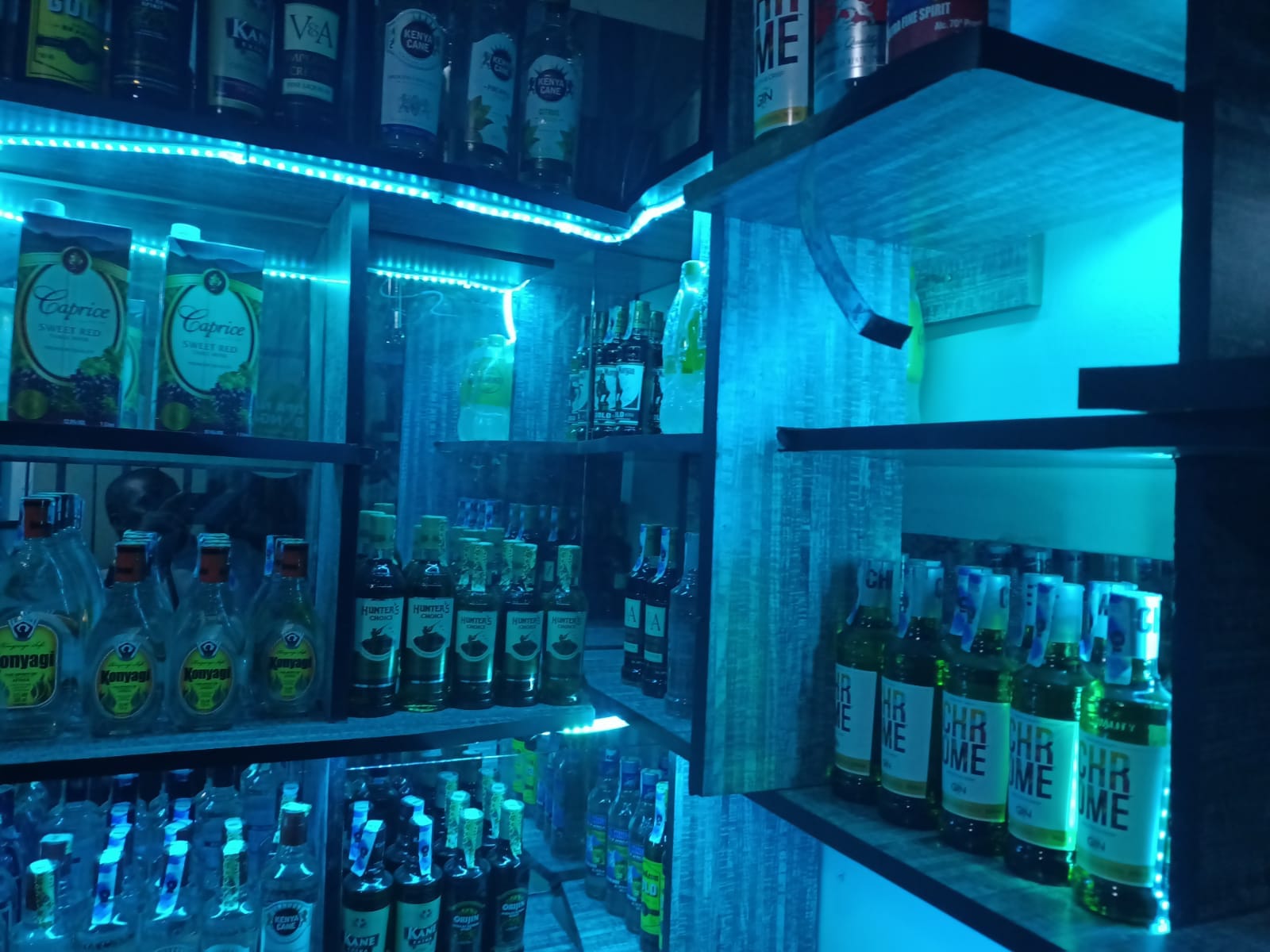The wines and spirits industry in Kenya has experienced significant growth over the years. With a growing middle class and changing consumer preferences, the demand for quality alcoholic beverages has been on the rise.
If you are considering starting a wines and spirits business in Kenya, this comprehensive guide will provide you with the essential information and steps to help you navigate the process successfully.
1. Market Research and Planning:
Before venturing into any business, thorough market research is crucial. Understand the dynamics of the wines and spirits industry in Kenya, including consumer preferences, buying patterns, and competitors. Identify potential target markets and assess the demand for various alcoholic beverages.
Develop a comprehensive business plan that outlines your goals, target market, marketing strategies, financial projections, and operational requirements. This plan will serve as a roadmap for your business and will be necessary when seeking funding or approaching potential investors.
2. Legal Requirements:
To operate a wines and spirits business in Kenya, you must comply with several legal requirements. Here are the key steps to follow:
- Business Registration: Register your business with the relevant government authorities, such as the Registrar of Companies, to obtain a business name and registration certificate.
- Licenses and Permits: Apply for the necessary licenses and permits required to sell alcoholic beverages. This includes the Alcohol Drinks Control Board (ADCB) license, which is mandatory for all alcohol-related businesses. Additionally, you may need other permits, such as a single business permit and a health certificate.
- Tax Obligations: Register for taxes with the Kenya Revenue Authority (KRA). You will need to obtain a Personal Identification Number (PIN) and comply with tax regulations, including Value Added Tax (VAT) and excise duties.
3. Location and Premises:
Choosing the right location for your wines and spirits business is crucial for success. Look for areas with high foot traffic and proximity to residential areas, offices, or entertainment venues. Ensure that the premises meet the requirements set by the relevant authorities, including the ADCB.
MUST READ: How To Start A Eggs Wholesale Business In Kenya
Consider factors such as space requirements, accessibility, parking facilities, and security. It’s important to create an inviting and well-organized store layout that allows customers to browse and select their preferred products easily.
4. Supplier Selection and Inventory Management:
Building strong relationships with reliable suppliers is vital to ensure a steady supply of quality wines and spirits. Identify reputable distributors and wholesalers who can provide a wide variety of products at competitive prices. Consider factors such as product quality, delivery schedules, and credit terms.
Maintaining an optimal inventory level is crucial to meet customer demand while minimizing excess stock. Implement an effective inventory management system to monitor sales, track stock levels, and reorder products promptly. Regularly review your product range to cater to changing consumer preferences and market trends.
5. Staffing and Customer Service:
Hiring knowledgeable and customer-oriented staff is essential for the success of your wines and spirits business. Look for individuals with experience or a strong interest in the industry, as they will be able to provide valuable product recommendations and assist customers effectively.
Invest in staff training programs to enhance product knowledge and customer service skills. Create a welcoming atmosphere and ensure that your staff is well-versed in responsible drinking practices and legal obligations related to alcohol sales.
6. Marketing and Promotion:
Develop a comprehensive marketing strategy to create awareness and attract customers to your wines and spirits business. Utilize various channels, including social media platforms, local advertising, and online directories.
Consider organizing tasting events, promotions, and collaborations with complementary businesses, such as restaurants or event organizers, to increase exposure.
MUST READ: Kapu e-Commerce; How it Works, Order & Pay
Establish a strong online presence by creating a website and utilizing e-commerce platforms to reach a wider customer base. Leverage social media platforms to engage with customers, share product updates, and run targeted advertising campaigns.
7. Compliance and Responsible Alcohol Retailing:
Adhering to legal and ethical guidelines is crucial in the wines and spirits industry. Ensure that your business operates in compliance with regulations related to age verification, hours of operation, and responsible service of alcohol.
Train your staff to handle alcohol-related situations responsibly and to prevent underage sales or overconsumption.
Conclusion:
Starting a wines and spirits business in Kenya requires careful planning, market research, and compliance with legal requirements.
By understanding the industry, identifying your target market, and providing quality products with excellent customer service, you can position your business for success. Remember to adapt to changing consumer preferences and market trends to remain competitive in this dynamic industry.
With proper execution and dedication, your wines and spirits business in Kenya can thrive and become a profitable venture.
'Want to send us a story? Submit to NAIROBIminiBLOGGERS via our Email nairobiminiblogger@gmail.com'

Drop Your Comments, What do you think About The Article?